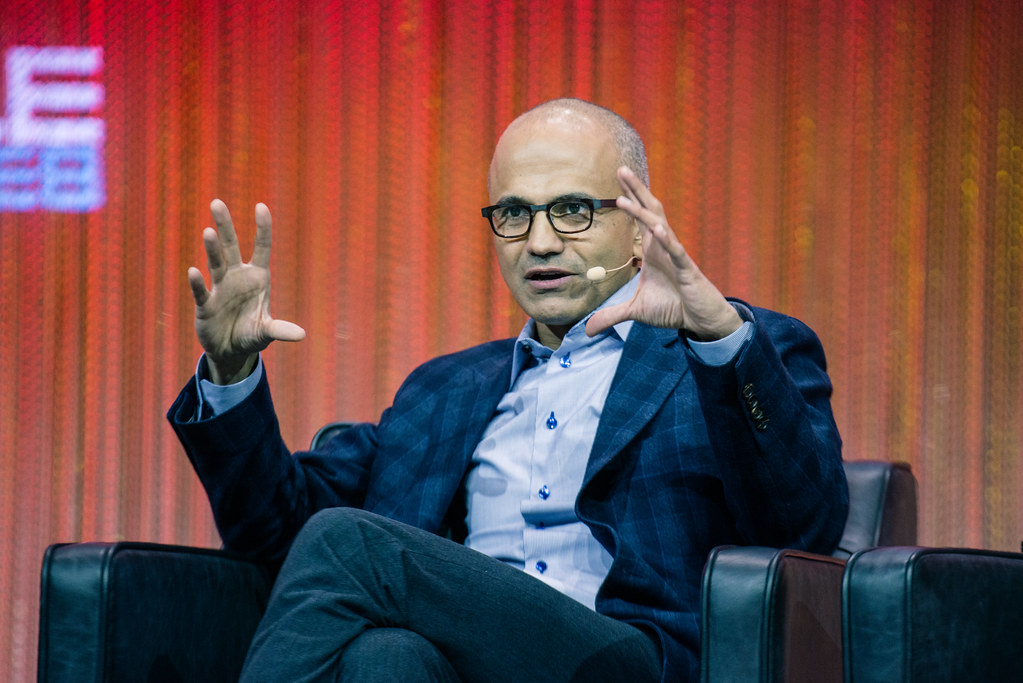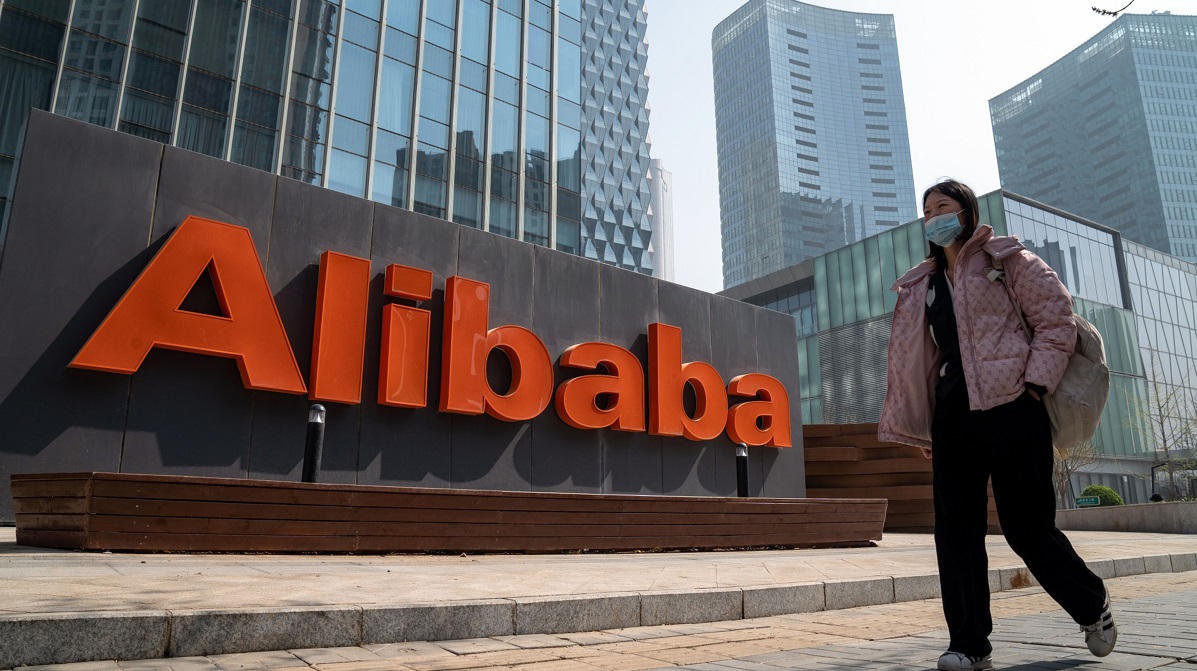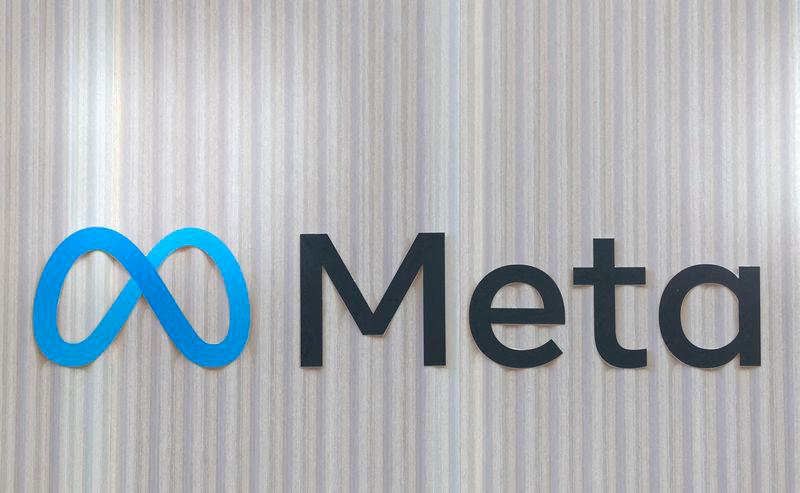Alibaba announced significant price reductions of up to 85% for its large language models (LLMs), signaling intensifying competition among Chinese tech giants in the artificial intelligence space. The price cuts apply to Qwen-VL, Alibaba Cloud’s visual language model designed to process and understand both text and images.
The announcement, made via Alibaba Cloud’s official WeChat account on Tuesday, aims to bolster adoption of the firm’s enterprise-focused AI offerings. Despite the bold move, Alibaba‘s shares in Hong Kong showed minimal response, closing just 0.5% higher on the final trading day of the year.
These aggressive price cuts highlight the growing rivalry among China’s tech giants, including Tencent, Baidu, JD.com, Huawei, and Bytedance, as they vie for dominance in the rapidly evolving AI landscape. Over the past 18 months, these firms have all introduced their own LLMs, seeking to tap into the rising demand for generative AI technologies.
Alibaba has previously employed similar strategies to drive adoption of its AI tools. In February, the company slashed prices by up to 55% on a broad range of core cloud products. By May, it offered reductions of as much as 97% on its Qwen AI models, further demonstrating its commitment to making AI more accessible to businesses.
LLMs like Qwen-VL serve as the foundation for generative AI systems, enabling advanced capabilities such as generating humanlike responses and processing multimodal inputs. Unlike consumer-facing products like OpenAI’s ChatGPT, Alibaba has positioned its LLMs for enterprise use. The company reported in May that over 90,000 enterprises had integrated its Qwen models into their operations.
With China’s AI market heating up, Alibaba’s latest price reduction underscores the strategic importance of staying competitive in an industry poised to shape the future of technology.
Author’s Opinion
Alibaba’s aggressive price cuts underscore the growing stakes in China’s AI race, but they also raise questions about sustainability. While slashing costs might accelerate adoption, it could pressure profit margins in an already competitive landscape. This strategy signals not just a bid for market share but also a broader shift in how AI firms approach enterprise integration—prioritizing accessibility over immediate returns.











